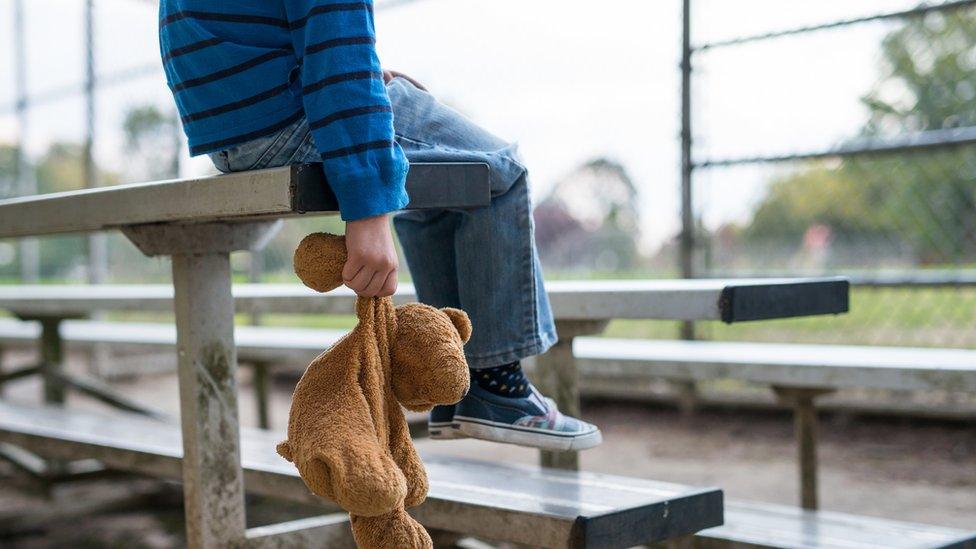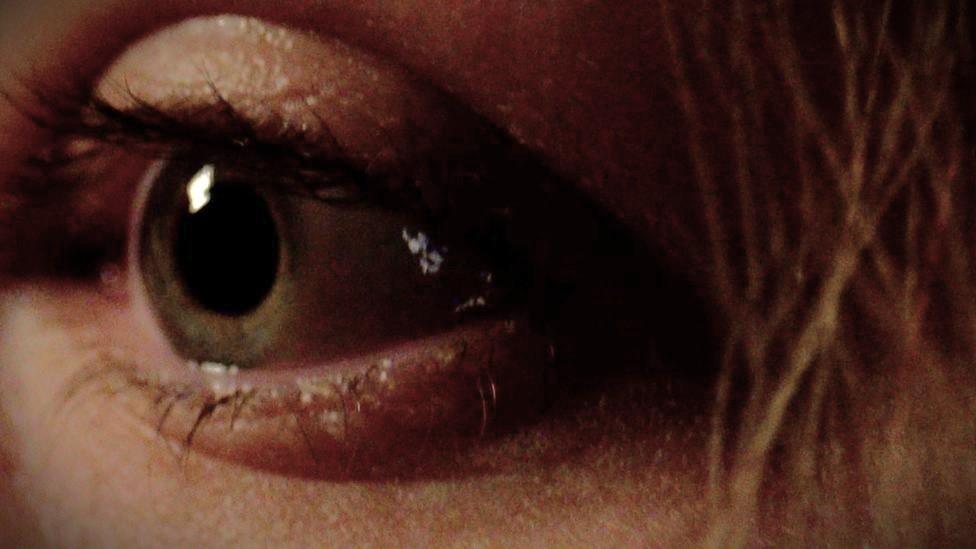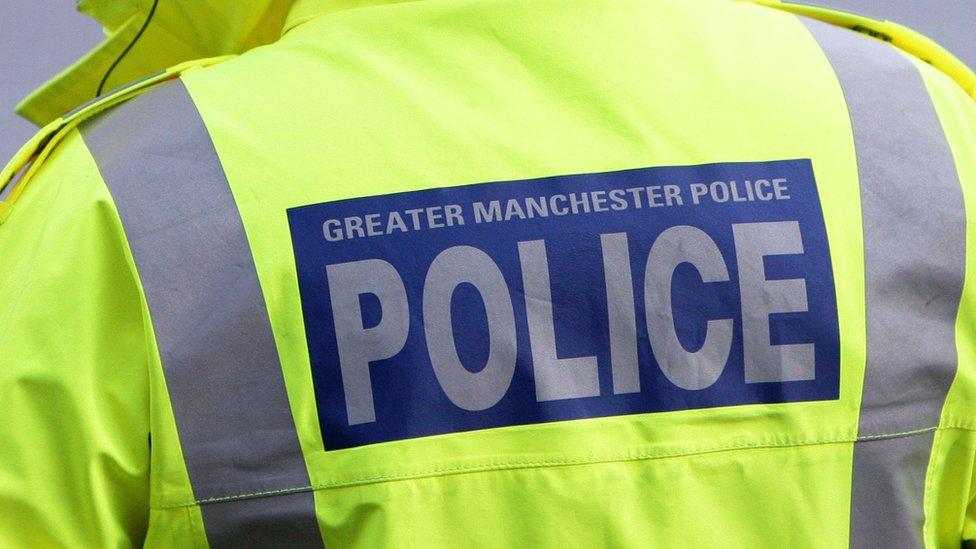Not reporting child abuse could lead to sacking under new rules
- Published

The guidelines go beyond existing ones for professionals who work with children
People who work with children but fail to report evidence of them being abused could lose their jobs under new rules.
Mandatory reporting was one of the Independent Inquiry Into Child Sexual Abuse (IICSA)'s key recommendations.
But the government has admitted the new rules only cover cases where professionals know about abuse, rather than recognise less obvious signs.
Home Secretary James Cleverly said "there is no excuse for turning a blind eye to a child's pain".
Under the new mandatory reporting rules, the government will also prevent registered sex offenders from changing their name to avoid being monitored.
The guidelines go beyond existing ones for professionals who work with children.
They only cover regulated professionals who work with children, so do not affect family members, and require a report to be made if someone "knows" a child is being abused.
Not doing so would lead to that person being barred from working with children, likely resulting in them losing their job.
There could also be criminal proceedings if there was evidence of a deliberate cover-up, with a potential prison sentence of up to seven years.
The IICSA, which ran for seven years and carried out 15 investigations, recommended the introduction of a duty to report when professionals;
receive a disclosure of child sexual abuse from a child or perpetrator; or
witness a child being sexually abused; or
observe recognised indicators of child sexual abuse.
However, the Home Office confirmed to the BBC that the new rules would not be triggered when someone "observed recognised indicators of child sexual abuse".
This could, for example, include a teacher's concerns about a child appearing withdrawn or associating with potential abusers.
Ministers have had to balance protecting children with potentially criminalising teachers, youth workers and healthcare professionals should they be unsure of whether they have evidence of child abuse.
Instead, the duty to report would require professionals to see or be told about abuse taking place.
Other countries have gone further.
In the Republic of Ireland, for example, the Children First Act 2015 requires reports from any professional who "knows, believes or has reasonable grounds to suspect" a child has been or is at risk of being harmed.
Lawyer Alan Collins, who has represented many child abuse victims, described the new rules as "weak".
"The whole purpose of mandatory reporting is to drive cultural change so that suspicions and concerns are reported," he told the BBC. "It would be very unusual, if not unique, for a professional to have witnessed child sexual abuse."
"It is the concern that needs to be reported," he added.
The introduction of mandatory reporting makes less likely a repeat of notorious child grooming cases such as those in Rochdale, Rotherham, Telford and Oxford.
Often police officers and social workers regarded teenage girls as making "lifestyle choices" after finding out they were associating with older men, and showing signs of being abused.
While child protection guidelines have generally been tightened up for teachers and NHS workers, following a decade of focus on the abuse of children in the UK, the new reporting rules may also have a particular impact on less formal organisations such as youth groups.
The changes were welcomed by Professor Alexis Jay, who chaired the IICSA, which ran from 2015 to 2022. She said she looked forward to working on "the detail" with the government.
Gabrielle Shaw, chief executive of the National Association for People Abused in Childhood (NAPAC), said the introduction of mandatory reporting was a "big step in the right direction".
Meeting police officers in Hammersmith, west London, on Tuesday, Mr Cleverly announced further proposals to deal with sex offenders who try to evade monitoring by changing their name on official documents such as passports and driving licences without approval.
Officers dedicated to monitoring sex offenders told him they were in a "war of attrition", with numbers increasing and suspects often trying to breach the terms of orders placed on them to prevent harm to children.
One detective said he made constant checks on suspects, including using a device which searches for references to child abuse on their phones.
- Published3 April 2023

- Published21 February 2024

- Published15 January 2024

- Published4 April 2023
